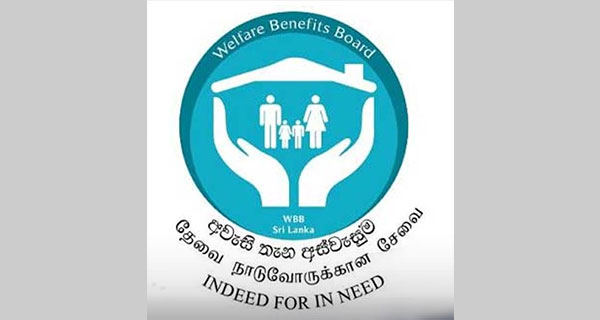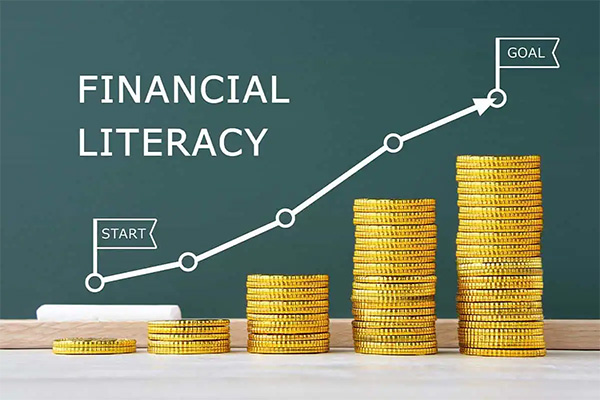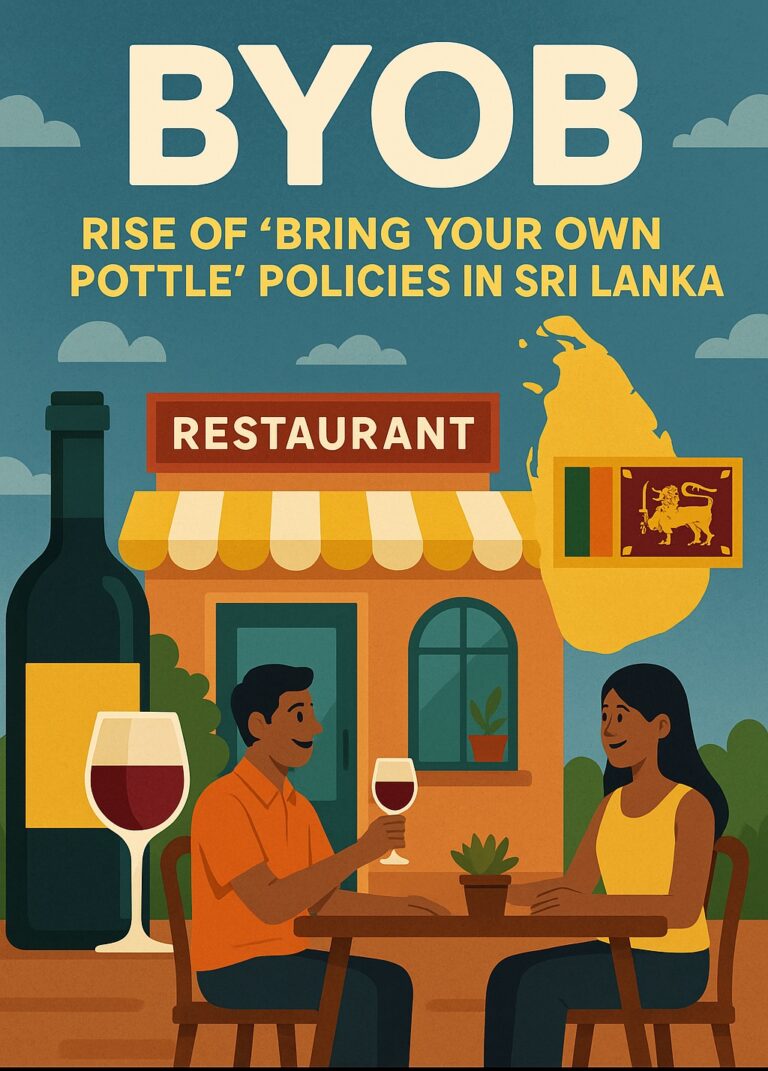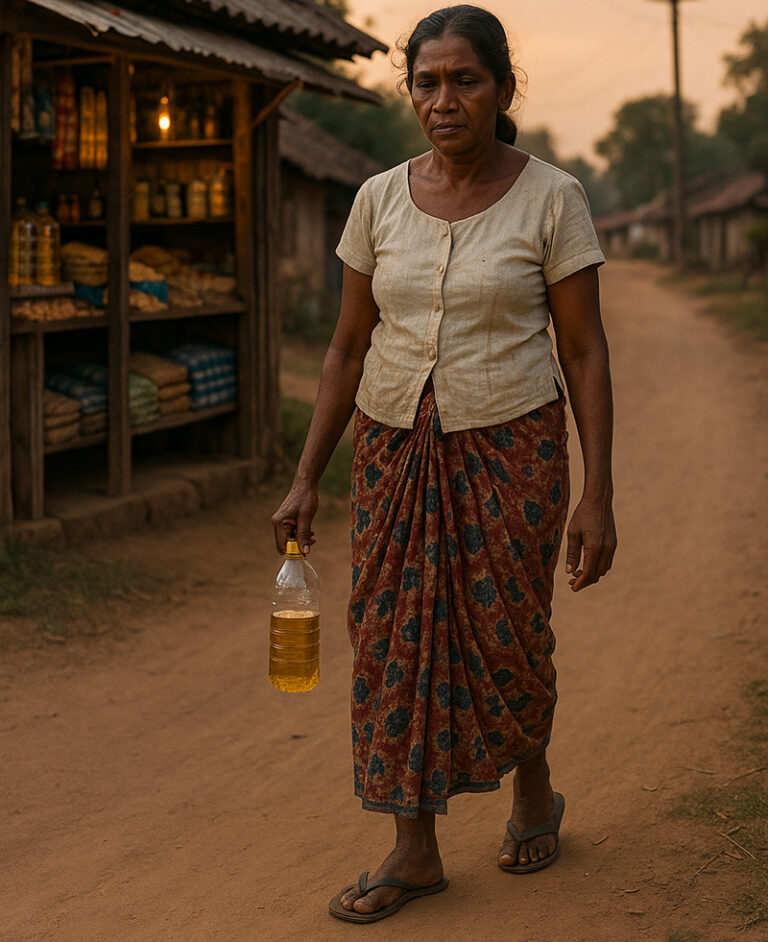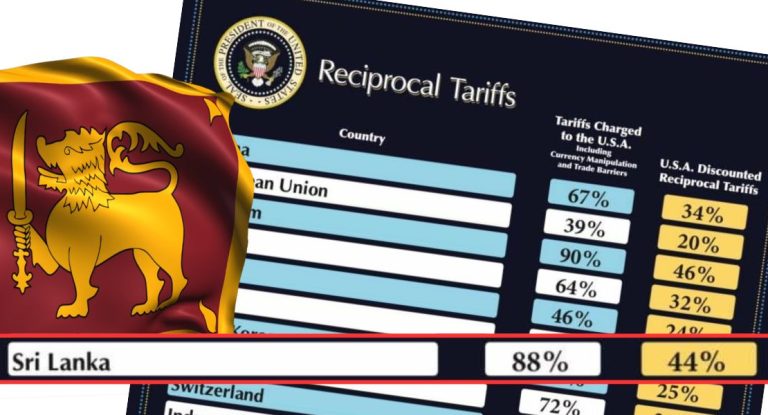President Anura Kumara has increased the Aswesuma (Relief) benefits as a Christmas gift, according to a social media post by his Media Director General, MP Najith Indika.
Aswesuma refers to a transitional assistance provided to alleviate poverty using the taxes collected from the public, and not a gift distributed by politicians.
Welfare benefits should not stabilize poverty but should aim to eradicate it. This is a fundamental concept of the Aswesuma program. The Ranil Wickremesinghe government removed the intense politicization that was prevalent in the previous Samurdhi program. However, the current government seems to have reintroduced the politicization of Aswesuma, which is evident.
Below is the link to our report, based on an in-depth study on Aswesuma:
https://www.right2lifelanka.org/aswesumarelief-or-deception
Sri Lanka has a rich history of social protection programs designed to uplift vulnerable populations and safeguard against economic hardships. However, these programs have faced numerous challenges, including issues with accurate targeting of beneficiaries, inefficiencies, and long-term sustainability concerns. Additionally, inconsistent welfare schemes have fostered a culture of dependency. This report seeks to address these challenges while providing a roadmap for future improvements through a comprehensive analysis of Sri Lanka’s social safety net systems.
Targeting Beneficiaries Accurately
One of the core objectives of this study is to advocate for accurate targeting of beneficiaries. Our analysis indicates significant flaws in the inclusion and exclusion criteria of existing programs like Samurdhi and Aswesuma. For instance, a study revealed that only about 40% of the 1.7 million families who received Samurdhi financial assistance were genuinely poor according to the national poverty line. Such discrepancies highlight the need for improved mechanisms to ensure that assistance reaches those who genuinely require it.
Implementing Effective Poverty Alleviation Programs
The effectiveness of poverty alleviation programs is crucial for transforming the lives of poor communities. Aswesuma, which was introduced as a successor to Samurdhi, aims to provide financial assistance to targeted vulnerable groups. However, the selection process for beneficiaries has attracted numerous complaints and appeals. Our findings reveal significant challenges, and this report explores strategies to enhance the effectiveness of such programs, ensuring not just immediate relief but also sustainable development.
Shifting Away from a Culture of Dependency
Another critical objective is to transition away from the existing culture of dependency. While social safety nets are essential for providing immediate relief, they should also empower beneficiaries to achieve self-reliance. Although programs like Samurdhi and Aswesuma have been pivotal in providing financial aid, incorporating elements like skills training and entrepreneurial support could further enhance their impact. Reengineering these programs to foster independence and resilience among beneficiaries is explored in this report.
Significance in Economic and Social Development Context
Social safety nets are essential tools for promoting economic and social development. They provide protection to the most vulnerable, enabling them to withstand economic shocks and maintain a basic standard of living. In Sri Lanka, the significance of these programs has been highlighted by recent crises. Emergency cash assistance programs became vital during the COVID-19 pandemic and subsequent economic turmoil, supporting millions of Sri Lankans. By preventing extreme poverty and facilitating access to essential services, social safety nets contribute to broader economic stability and growth.
The Importance of Social Safety Nets in Relation to Human Rights and Social Justice
Beyond economic considerations, social safety nets play a crucial role in protecting human rights and promoting social justice. The right to social protection is enshrined in various international human rights documents, emphasizing the state’s responsibility to ensure access to necessary resources and opportunities for all citizens. In Sri Lanka, programs such as Thriposha nutrition supplements for pregnant women and allowances for persons with disabilities, elderly citizens, and chronic kidney patients serve to uphold these rights. Strengthening social safety nets is not merely about policy efficiency; it is a fundamental commitment to human dignity and justice. They are essential for achieving sustainable development goals. Through robust and well-implemented social safety nets, states can fulfill their human rights obligations and build more equitable and resilient societies
by Ajith Perakum Jayasinghe

